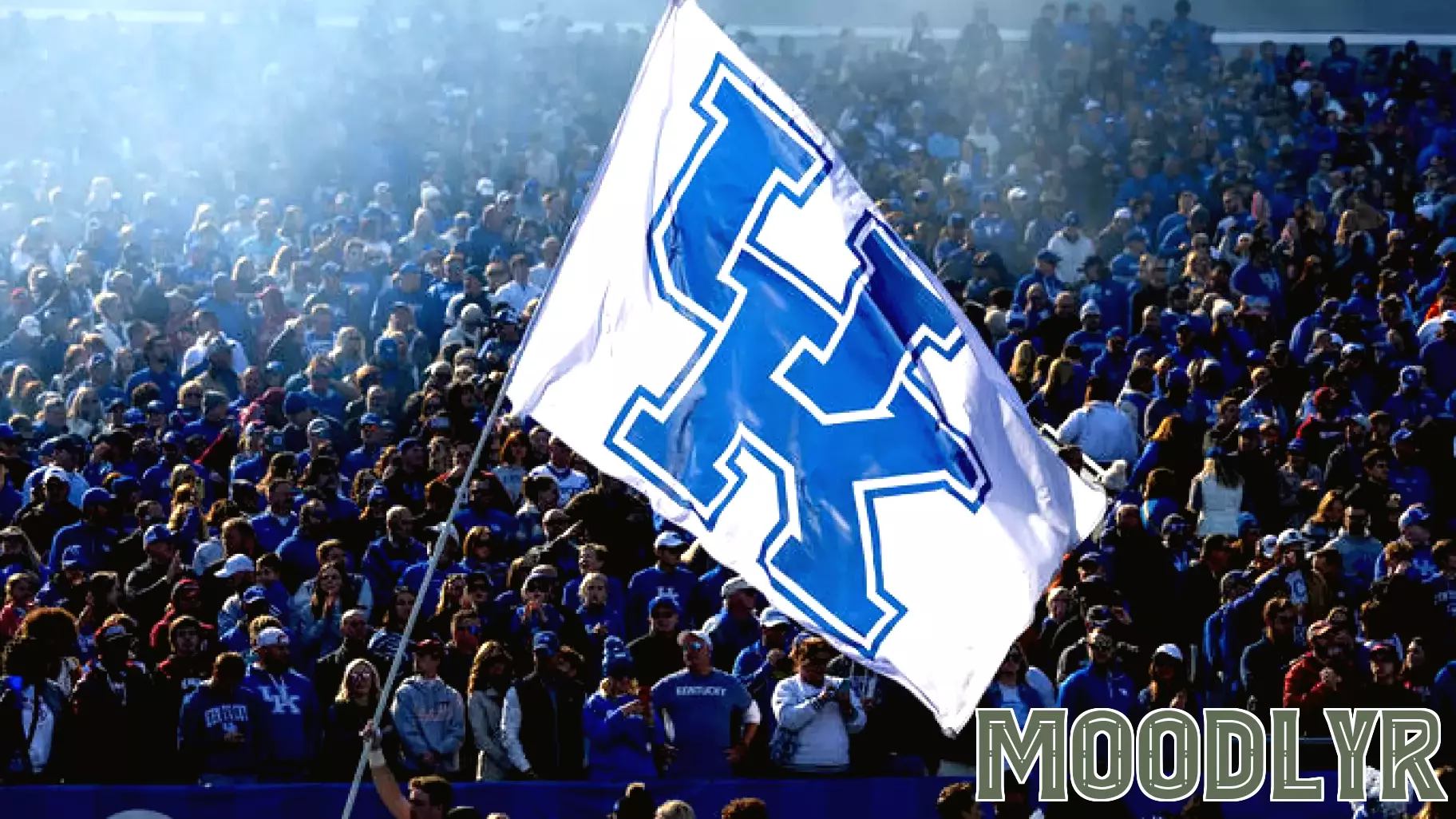The Fascinating Psychology of Sports Rivalries
December 13, 2024 - 19:49

Fans, dressed from head to toe in their team’s colors, swarm the stadium chanting fight songs and waving banners. Sports rivalries are a cornerstone of athletic culture — sparking packed bleachers, passionate debates, and unforgettable moments. These rivalries often transcend mere competition, tapping into deep-seated emotions and social identities.
At the heart of sports rivalries lies the concept of in-group versus out-group dynamics. Supporters develop a strong sense of belonging to their team, which fosters a collective identity. This camaraderie can lead to intense feelings of animosity toward rival teams. The thrill of competition fuels excitement, as victories over rivals are celebrated with fervor, while losses can trigger feelings of despair and frustration.
Psychologically, these rivalries fulfill a need for social connection and validation. Fans often bond over shared experiences, creating lasting friendships rooted in their allegiance to the same team. Ultimately, the love-hate relationship with rival teams adds layers of complexity to the sports experience, making it an integral part of human culture.
MORE NEWS

March 5, 2026 - 04:32
How to Help Communities Rebound from Crisis and DisasterIn an era where global crises feel increasingly frequent, the path forward for affected communities can seem insurmountable. However, the specialized field of disaster psychology provides a crucial...

March 4, 2026 - 11:03
If you've worked the same job for more than 15 years, psychology says you likely have these 8 traits that job-hoppers never developWhile modern career advice often glorifies frequent job changes, a significant segment of the workforce finds profound value in deep-rooted tenure. Psychology suggests that individuals who remain...

March 3, 2026 - 20:00
Left-handed people may have a psychological edge in competitionA new study suggests that left-handed individuals may possess a distinct competitive edge over their right-handed counterparts. Published in the journal Scientific Reports , the research indicates...

March 3, 2026 - 05:01
Psychology says people who were the "easy child" in their family didn't actually have fewer needs — they just learned faster than their siblings that expressing those needs came at a costNew psychological insights challenge the long-held belief that the `easy` child in a family simply had fewer demands. Research now suggests these children did not experience less need for attention...